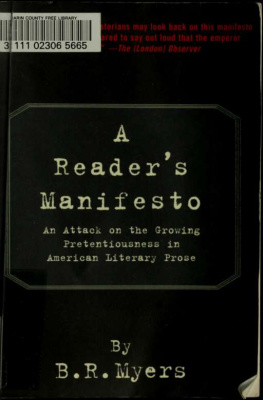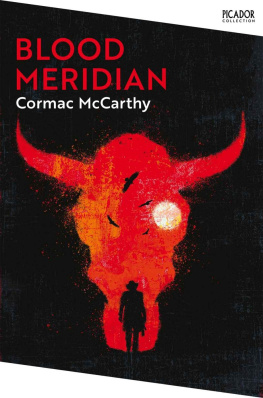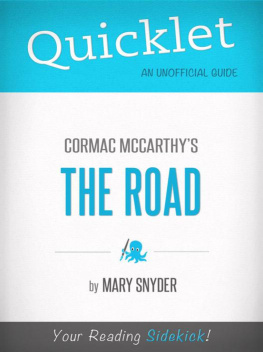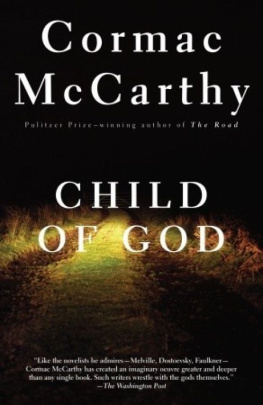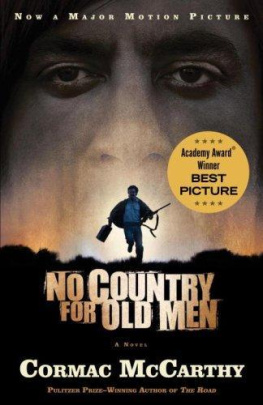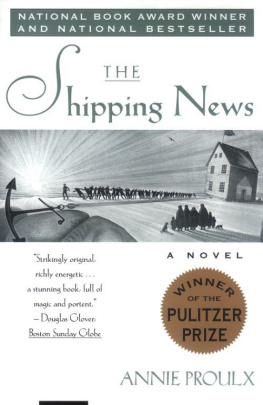This book made available by the Internet Archive.
PREFACE xi
A READER'S MANIFESTO:
Introduction
Evocative Prose 10
Edgy Prose 23
Muscular Prose 44
Spare Prose 58
Generic Literary Prose 73
Conclusion 83
EPILOGUE:
The Response to "A Reader's Manifesto'
APPENDIX: Ten Rules for Serious Writers
ENDNOTES 135
BIBLIOGRAPHY 144
FOR MYUNGHEE
Those who write preciously are like people who get dolled up to avoid being confused and confounded with the mob, a danger run by no gentleman even in the worst clothes. As a certain sartorial pomp... betrays the plebeian, so does a precious style betray the commonplace mind.
Schopenhauer
PREFACE
In late 19991 wrote a short book called Gorgons in the Pool. Quoting lengthy passages from prize-winning novels, I argued that some of the most acclaimed contemporary prose is the product of mediocre writers availing themselves of trendy stylistic gimmicks. The greater point was that we readers should trust our own taste and perception instead of deferring to received opinion. A banal thing to say? I only wish it was. For the past few decades our cultural establishment has propagated a very different message. The poet Philip Larkin once gave it this sardonic summing-up:
The terms and the arguments vary with the circumstances, but basically the message is: Don't trust your eyes, or ears, or understanding. They'll tell you this is ridiculous. or ugly, or meaningless. Don't believe them. You've got to work at this: after all. you don't expect to understand anything as important as art straight off. do voir.' I mean, this is pretty complex stuff: If you want to know how complex. I'm giving course of ninety-six lectures at the local college, starting next week. l
And indeed, one of the main complaints later raised against me by The New York Times was that I bring only my "own sensibility to bear" instead of interpreting literature in the context of "economics, history and sociology." 2 The ninety-six lectures, in other words. But I'm getting ahead of myself.
If anything has less chance of being accepted for publication than an amateur book review, it is an amateur literary polemic. From the start, therefore, I assumed there was no point submitting Gorgons in the Pool to publishers. In March 2000 I printed a hundred copies myself and posted the title on Amazon.com, the online bookseller. Then I sent twenty review copies to newspapers and magazines around the English-speaking world, in the hope that someone at a safe enough remove from New York City would acknowledge the book with a review. Then I sat back and waited. Nothing happened. I went online and ordered three copies of Gorgons for myself; they were the only ones ever sold. By the end of spring I had pushed the remainder of the first edition under my couch and was trying hard to think about something else. I had almost succeeded when in July 2000 Bill Whitworth, editor emeritus of The Atlantic Monthly, wrote to tell me that he had enjoyed Gorgons and had passed it on to his colleagues. A few days later Mike Kelly, the magazine's new editor, called to ask if I would let him run an abridged form of the book in an upcoming issue. I said yes. Needless to say, it would have been much more gratifying to see Gorgons succeed on its own, but what choice did I have, with no money for advertising? It wasn't as if anyone was ever going to review the thing. (A few days later The Times Literary Supplement contacted me to inquire after Gorgons' sales price; they were going
to run a review the following Sunday. I had to beg them not to, having promised The Atlantic Monthly that I would take the book off the market. There's an obvious lesson here, but it's still a little hard for me to talk about.)
The next few weeks were spent cutting Gorgons in half. Out went the examples of good prose from writers like Balzac. This had the unfortunate result of making the tone almost unrelentingly negative, so that at half the length of the book it feels like twice as long a read. But improvements were made too. The Atlantic'* copy-editors found many mistakes in the manuscript, including misquotes of the literary texts. I was starting to think it was just as well that Gorgons was no longer on sale when I received the first galleys in August 2000. and saw that crucial phrases and passages had been deleted, apparently in order to tone the whole thing down. Even the sex scene from Snow Falling on Cedars was gone. When I called to complain, I was told that there had just been another editorial meeting, the upshot of which was that my essay needed to be made even more "serious and developed." I said no. It had been written as a Light-hearted polemic, and to trick it out as literary scholarship would only make it more vulnerable to criticism.
The folks at The Atlantic said they'd get back to me. They didn't, nor did they answer my e-mails. Mont lis passed. In January 2001 I wrote to suggest th.it we .ill walk away from the contract. This got the dialogue going again, and we started to compromise: I would refl from saying that Michiko Kakutani had no right to review books if they would give me back my sex scene. and so on. Oddly enough, the final product was billed <>n the cover flap of the July August 2001 Lssu Manifesto about the GODAWFULNKss <>t today's
ary writing," which was a little strong even for me.
This book, then, is an attempt to restore Gorgons in the Pool to its original tone and length while retaining the improvements, starting with the title, of the magazine version. As in Gorgons I briefly contrast the writing of DeLillo, Proulx, etc with that of non-contemporary writers like Honore de Balzac and Thomas Wolfe. I have no intention of suggesting that any of the latter were unequalled masters of prose only that they wrote far better than today's prize-winners on comparable themes or in comparable styles. All the same, I have no doubt that the same people who criticized the magazine version for not offering enough examples of good prose will be the first to complain that I am now comparing apples to oranges, since no two writers are alike. But Keith Haring and Pablo Picasso had less in common than DeLillo and Balzac, and this doesn't prevent anyone from calling Picasso the better artist of the two.
This book also contains an entirely new section in which I respond to the attempts at rebutting the magazine version that were published last year.
I would like use this space to acknowledge a debt of inspiration to Karlheinz Deschners Kitsch, Konvention und Kunst: Eine literarische Streitschrift (Munich, 1957). I would also like to thank Keith Myers for editing the original Gorgons; Bill Whitworth, Sue Parilla, Ben Schwarz, Mike Kelly and everyone else at The Atlantic Monthly who worked on the magazine essay; and Haechin Moon for her suggestions regarding the new material in this book. I have already replied to most of my fellow readers who wrote me about the magazine essay, as well as to the writers who were kind enough to send me copies of their own work, but if you never got anything back from me, please

